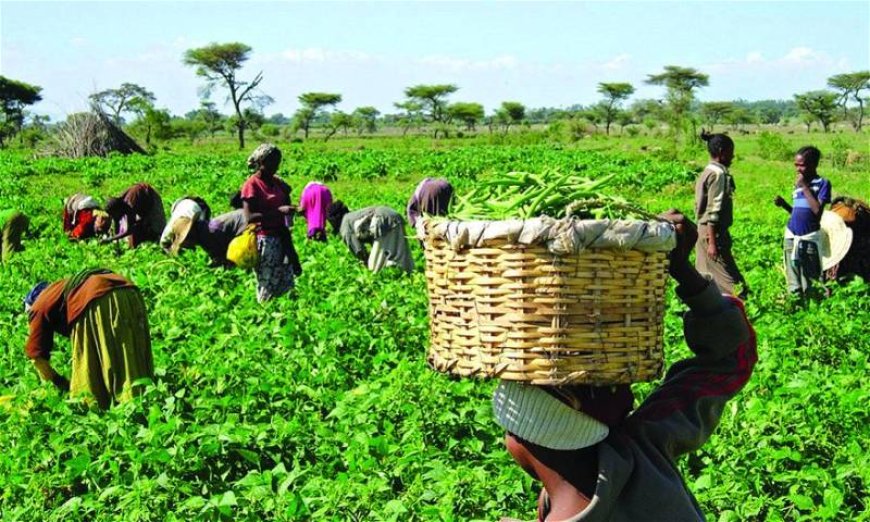Farmers benefit from climate-smart support initiative

Over 750 smallholder farmers across Nigeria have gained from a climate-smart support initiative led by PricePally in partnership with the GSMA Innovation Fund.
The initiative, aimed at making farming more predictable, profitable, and resilient to climate change, has helped farmers tackle post-harvest losses, limited market access, and overall vulnerability.
PricePally is a food systems platform connecting farmers directly to households, businesses, and communities through technology-driven aggregation, logistics, and structured market access. The GSMA Innovation Fund supports digital technology projects delivering impact in emerging markets, driving inclusion, climate resilience, and socio-economic empowerment.
In a statement made available to our correspondent on Wednesday, smallholder farmers, who produce 98 per cent of Nigeria’s food, previously faced post-harvest losses of up to 45 per cent in crops such as tomatoes and vegetables due to poor access to finance and modern storage facilities. Through the project, farmers received climate-smart training and sensitisation on Good Agricultural Practices, digital onboarding for traceable production and demand forecasting, and access to zero-collateral loans via Trade Lenda. They were also provided with solar-powered cold storage from Ecotutu, alongside cooling packs and gel to ensure produce reached customers in good condition.
The initiative also created opportunities for women and youth to participate as sorters, quality assessors, liaisons, and last-mile delivery agents.
According to the statement, Project Manager at PricePally, Benjamin Ogunbola, noted, “Post-harvest losses are down by almost half, and the PricePally network has given smallholders confidence that farming is not just survival but a sustainable business.”
Also, the Chief Executive Officer of PricePally, Luther Lawoyin, expressed optimism about the future of farming, adding, “The integration of technology, data, and partnerships has created real resilience for smallholders and the larger value chain. This is the future of agriculture, where farmers can thrive, youth are attracted, and food reaches consumers more reliably and affordably.”









